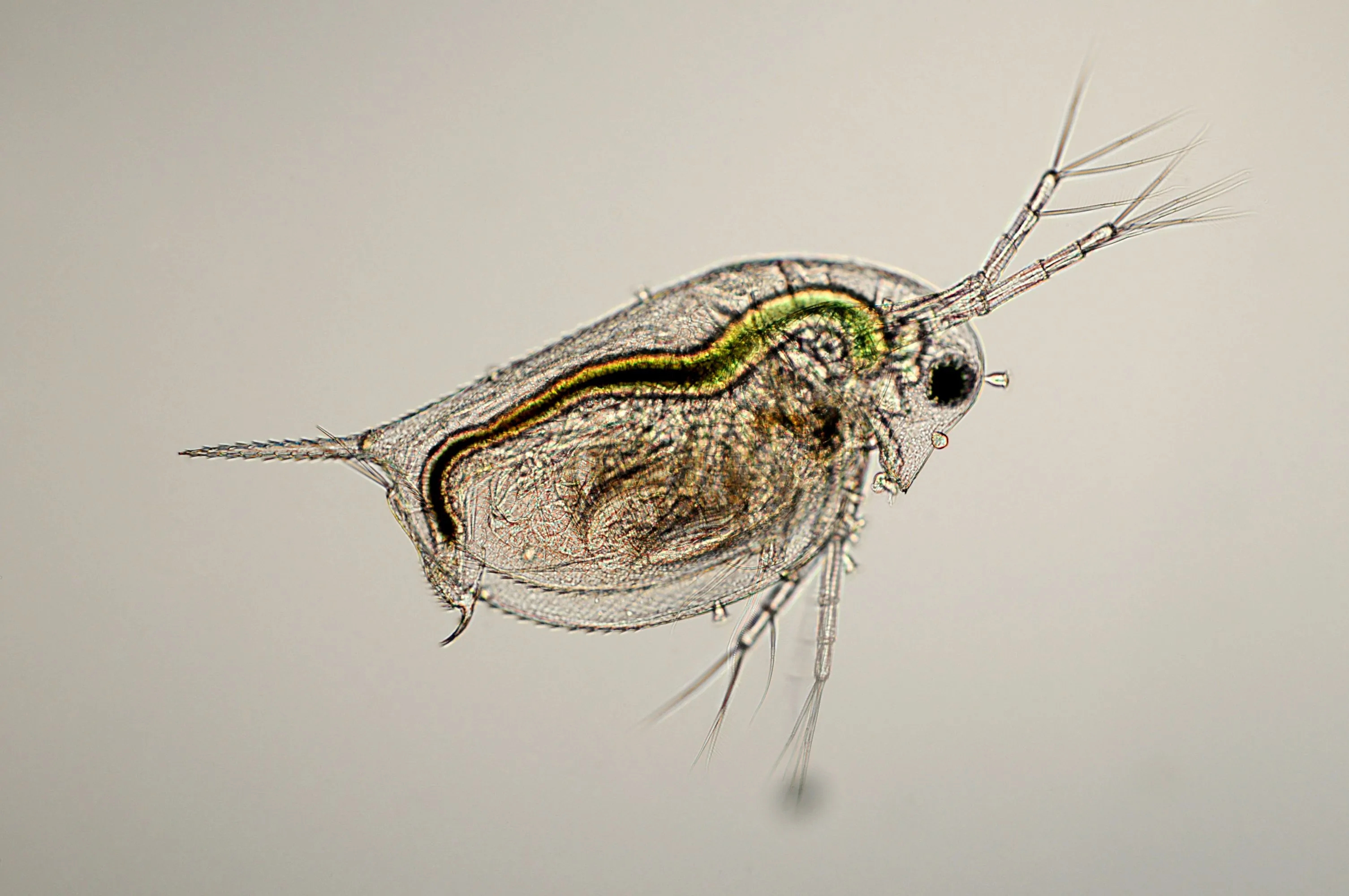News: Understanding Evolution through Daphnia Pulex

The Astonishing Evolution of Daphnia Pulex
Daphnia pulex, commonly referred to as the water flea, is a microscopic crustacean with unique reproductive habits, making it an ideal subject for studying evolution and natural selection. Research conducted by scientists from Arizona State University and their collaborators provides vital insights into how evolution operates under stable conditions.
Key Findings of the Study
- Daphnia pulex plays a critical role in freshwater ecosystems as it helps control algae blooms, which can significantly impact economies.
- Through clonal reproduction, genetic variation among traits such as growth rate and immune response has been extensively studied.
- The recent study analyzed nearly 1,000 water flea specimens, revealing fluctuations in gene variants even in stable environments.
- This ongoing genetic variation allows adaptation to changing surroundings while ensuring genetic diversity within the species.
Implications for Future Research
Understanding the temporal changes in gene frequencies offers a new perspective on how evolution operates. This research not only challenges previous beliefs regarding genetic diversity but also highlights the importance of Daphnia pulex in studying the impacts of climate change on evolutionary processes.
As we explore the intricacies of evolution through Daphnia, scientists aim to develop strategies that bolster vulnerable ecosystems and assure the resilience of important food webs.
This article was prepared using information from open sources in accordance with the principles of Ethical Policy. The editorial team is not responsible for absolute accuracy, as it relies on data from the sources referenced.